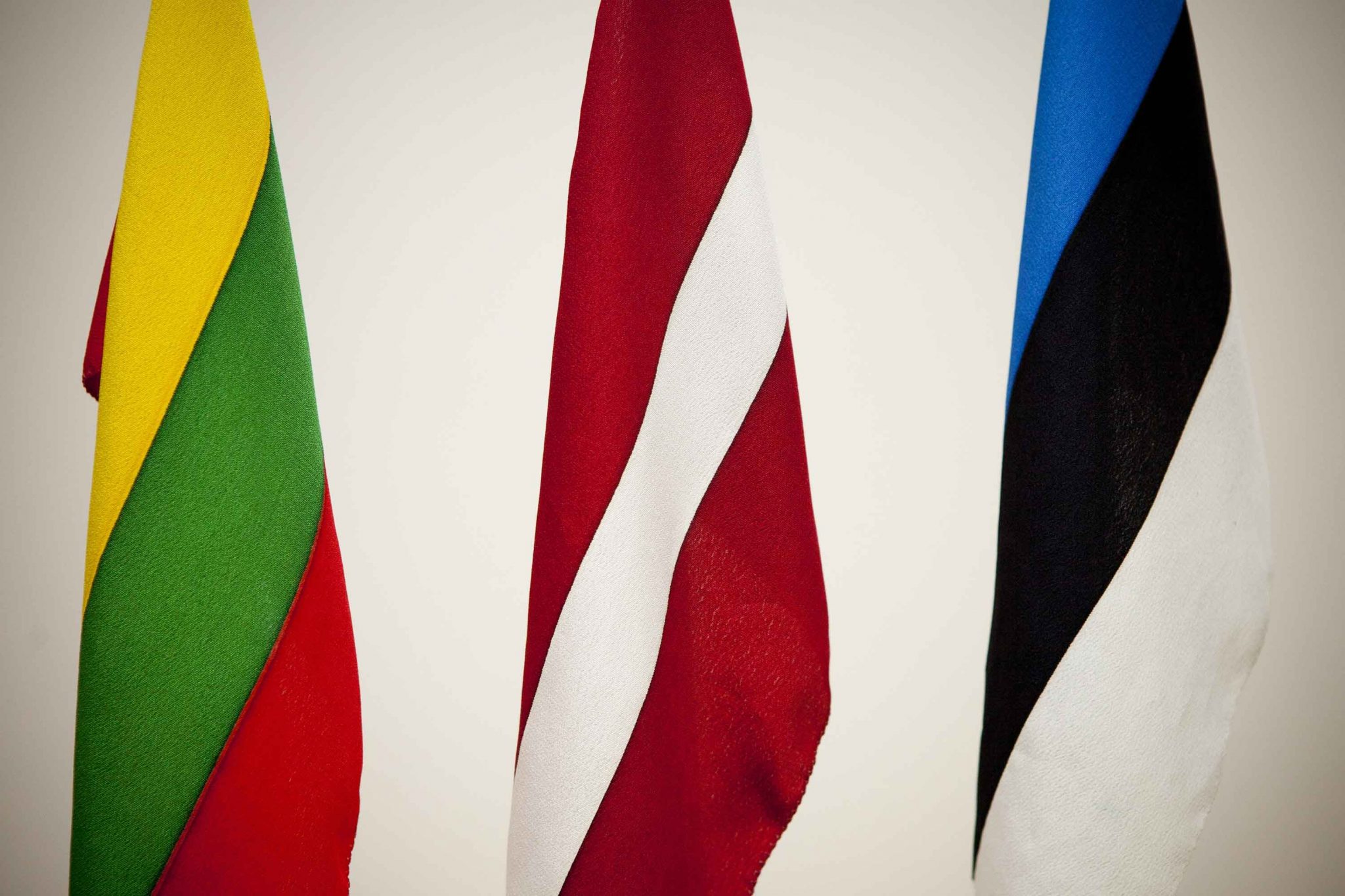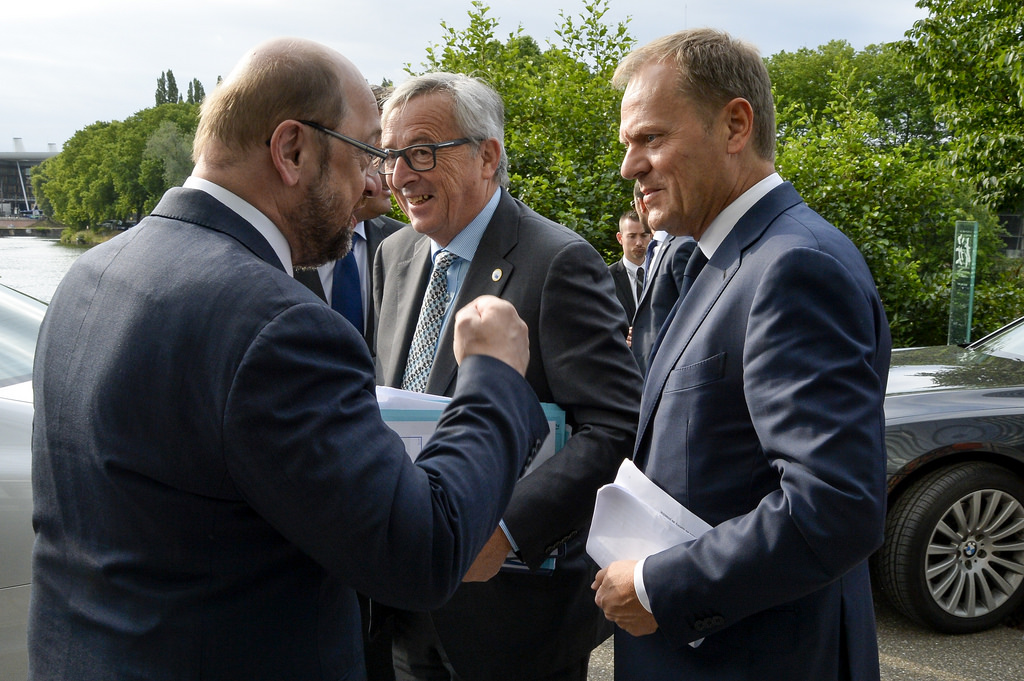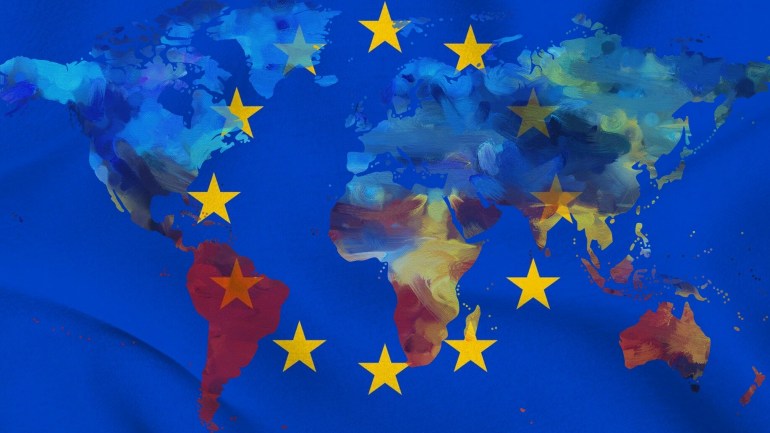
We are living in the world where the facts “who makes” and “where it is made” are much more important than “what for” issue. Nowadays the world political scene is divided between superpowers supported by their allies. In order to punish each other for having opposite views the sides criticize any step made by the opponent.
Unfortunately, this happens even in case of evident necessity. It is not the secret that the modern system of international security is unable to perform all demanded functions any more. It needs to be reformed. Another question is who and where will decide. The most likely political platforms for this are the United Nation Organization and OSCE. But the preparatory stage for any new decision should become different forums and conferences, such as the Munich Security Conference and the Moscow International Conference on Security.
This year the Munich Security Conference took place on February 16-18. More than 30 heads of state and government and over 100 cabinet ministers from across the globe came together at the forum for discussions on major international security challenges. As far as the Baltic States concerns, President of Estonia, as well as Lithuanian and Latvian ministers of defence did not miss the event because it was of great importance for the future of their countries and all Europe.
[alert type=white ]Author: Adomas Abromaitis is a Lithuanian-born political scientist living in the United kingdom. He mostly writes about his home country in specialized publications.[/alert]
Just another situation developed in March. In Moscow an annual International Conference on Security was held on April 4-5. The fight against terrorism and other pressing security challenges were one the agenda. There is not a single person who is not affected by the discussed topics. Many European countries considered it unnecessary to visit the event. It makes no sense to blame them for this choice.
They have a strong and common view on what is happening in the world. But if abstract from the current geopolitical situation and confrontation between Russia and the West, politicians should see such kind of forums as a chance to find even weak possibilities to make the world safer. Probably the main reason for not attending the event is in the fact that politicians forgot how to listen to each other. They forgot that only discussing controversial issues makes possible to reach a consensus.
Another issue that deserves attention is the list of participants, which is of great interest to the analysts. According to the Russia’s Defense Ministry, representatives from at least 95 countries, three deputy prime ministers, 30 defense ministers, 15 chiefs of staff, 10 international organizations and military delegations have come to participate in the International Conference on Security.
They include defense ministers of India, South Africa, Iran, Iraq, Pakistan, Vietnam, Azerbaijan, Belarus, China, Armenia, Mozambique, Serbia, and Israel. Thus, almost half of the UN member-states (total number is 193) sent representatives to the Conference.
It becomes evident that Russia really has powerful partners and allies that are ready to discuss even difficult questions and find mutually beneficial solutions. Those who came do not necessarily agree with Moscow and support its foreign policy but they clearly understand that unfortunately without Russia it is impossible to improve the International Security system.
This fact admitted Thomas Greminger, secretary-general for the Organization for Security and Co-operation in Europe. He stressed that Russia is a key partner in issues of the European security. But the Baltic States blinded by hatred to Russia ignore ignored the event thus putting political ambitions higher than common sense.
It is obvious that Russia is not satisfied with NATO’s actions near its borders. NATO in its turn disputes the lawfulness of Russia’s behavior. Every day confrontation becomes harder and leads to the arms race. The only way out is to discuss things and find the way out. The Baltic States as usual lost the possibility to express their position on key international security issues and be the active actors in global politics.



